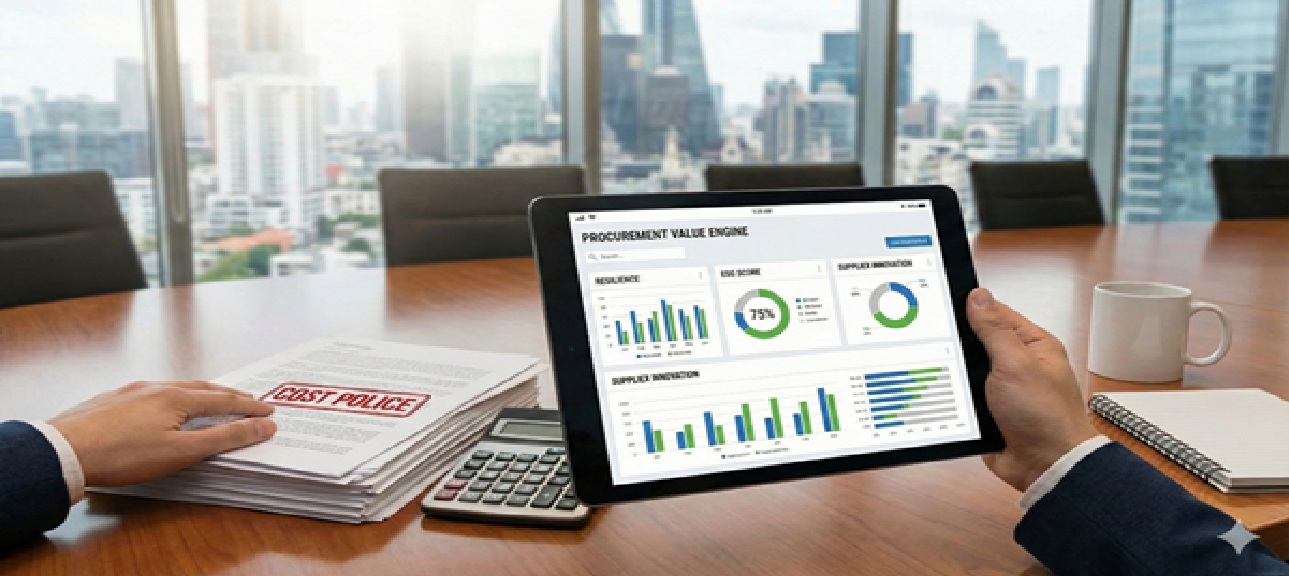Contract management is a critical component of the procurement process, ensuring that agreements between buyers and suppliers are executed effectively.
From maintaining compliance to maximizing value, it underpins the success of procurement strategies.
In this article, we’ll explore the importance of contract management in procurement, its key stages, benefits, challenges, and best practices.
What Is Contract Management in Procurement?
Contract management in procurement involves the creation, execution, monitoring, and optimization of agreements between an organization and its suppliers. The primary goal is to ensure that all parties fulfill their contractual obligations while achieving mutually beneficial outcomes.
In procurement, contracts govern critical aspects such as pricing, delivery schedules, quality standards, risk allocation, and compliance. Effective contract management minimizes risks, enhances operational efficiency, and fosters long-term supplier relationships.
Key Stages of Contract Management in Procurement
1. Contract Creation
• Needs Assessment: Identify procurement requirements, such as goods or services needed, timelines, and budget.
• Drafting and Negotiation: Develop a contract that includes clear terms and conditions, including deliverables, pricing, and penalties for non-compliance. Collaborate with legal teams and negotiate terms with suppliers to ensure mutual agreement.
2. Contract Execution
• Approval: Secure internal approvals from key stakeholders.
• Signing: Finalize the agreement through authorized signatures from both parties, ensuring legal enforceability.
3. Performance Monitoring
• Tracking Deliverables: Regularly review supplier performance against agreed benchmarks, such as quality, timeliness, and cost.
• Compliance Assurance: Ensure adherence to legal and regulatory standards, safeguarding the organization from potential liabilities.
4. Renewal and Optimization
• Review: Assess the contract’s outcomes to identify areas for improvement.
• Renegotiation or Termination: Determine whether to renew, modify, or terminate the agreement based on performance and strategic needs.

Benefits of Effective Contract Management in Procurement
1. Cost Efficiency
Effective contract management identifies opportunities to negotiate better terms, reduce costs, and minimize waste.
2. Risk Mitigation
Contracts clearly define roles and responsibilities, reducing the likelihood of disputes and ensuring compliance with legal and regulatory frameworks.
3. Enhanced Supplier Relationships
Proactive management fosters trust and collaboration, leading to stronger partnerships and improved service levels.
4. Strategic Insights
Analyzing contract data provides valuable insights into procurement trends, supplier performance, and areas for improvement.
5. Improved Operational Efficiency
Streamlined processes reduce administrative burdens and improve the speed and accuracy of procurement activities.
Challenges in Contract Management
1. Lack of Standardization
Inconsistent contract formats or processes can lead to inefficiencies and errors.
2. Inadequate Visibility
Poor tracking and management tools can result in missed deadlines, non-compliance, or overlooked opportunities for cost savings.
3. Complex Regulatory Environment
Navigating global and local compliance requirements can be daunting, particularly for multinational organizations.
4. Resource Constraints
Limited staffing or expertise can hinder the effective management of contracts, especially for large-scale procurement operations.
Best Practices for Contract Management in Procurement
1. Centralize Contract Management
Use a centralized system or software to store, track, and manage all procurement contracts. This ensures consistency, visibility, and easy access.
2. Leverage Technology
Implement contract management tools that automate tracking, reminders, and reporting, reducing manual errors and saving time.
3. Establish Clear KPIs
Define measurable performance indicators for both internal teams and suppliers, ensuring accountability and alignment with objectives.
4. Train Teams
Equip procurement and contract management teams with the skills and knowledge necessary to navigate complex contracts and negotiations.
5. Conduct Regular Audits
Periodically review contracts to ensure compliance, optimize terms, and address any potential issues before they escalate.
The Role of Technology in Modern Contract Management
Modern procurement increasingly relies on digital tools to manage contracts. Contract management software automates tasks such as drafting, approval workflows, compliance checks, and performance monitoring. By integrating with other procurement systems, these tools enhance visibility, improve collaboration, and drive strategic decision-making.
Conclusion
To streamline your procurement processes and overcome the challenges of contract management, check out ADAM’s Contract Management features. Empower your team to drive cost efficiency, ensure compliance, and build stronger supplier relationships—all with ADAM’s innovative, user-friendly platform.
Stay updated on insights, trends, and updates geared for the procurement community delivered to your inbox.
Up next
See ADAM in action.
Get started and our friendly team will take care of the rest.
Explore how ADAM can transform your vendor management strategy today.



